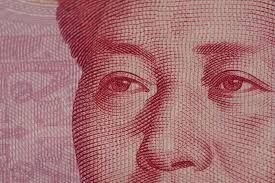653 reads
Why Are All Eyes On China's Digital Yuan?
by
August 6th, 2020

Founder & CEO, Web3O'Clock (www.web3oclock.com)|Want to know more? Reach out to me at [email protected]
About Author
Founder & CEO, Web3O'Clock (www.web3oclock.com)|Want to know more? Reach out to me at [email protected]
Comments
TOPICS
THIS ARTICLE WAS FEATURED IN
Related Stories
5 Realities of Tech in China
May 29, 2018
7 Useful Apps You Can Use in China
Dec 08, 2019
